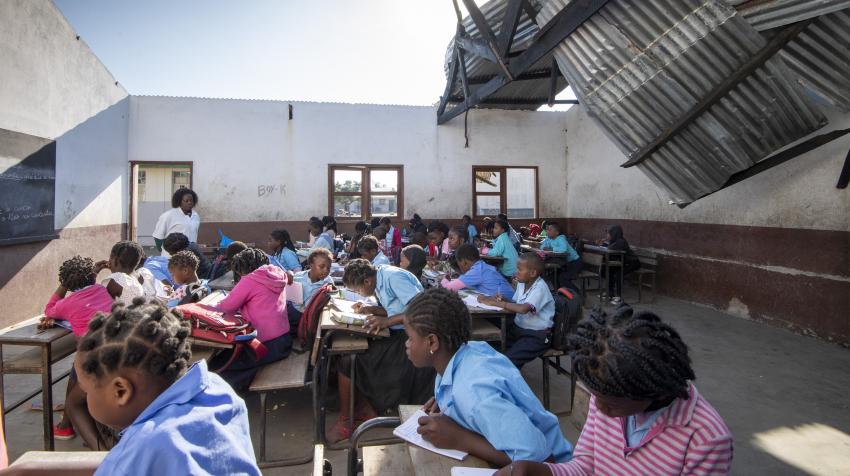
Realizing a Climate-Resilient and Prosperous Africa
Unless ambitious steps are taken, then, the unfolding climate crisis poses an imminent existential threat. Without such action, it appears impossible for Africa to meet any of the Sustainable Development Goals (SDGs) or achieve the transformational outcomes envisioned in the continent's Agenda 2063 and encapsulated in national development plans.
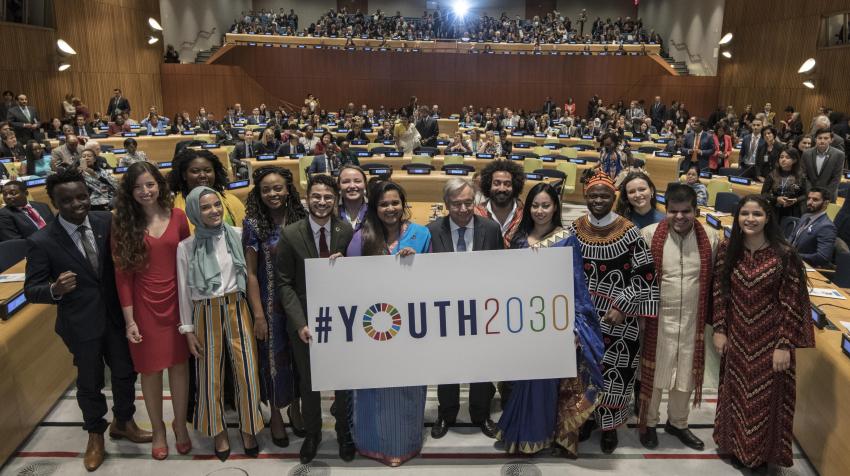
Transforming Youth Education to Support the Achievement of the 2030 Agenda for Sustainable Development
Educating boys and girls increases productivity and facilitates economic growth; knowledge about sanitation, immunization, nutrition and general health can save lives; quality education provides girls and boys with the skills they need to take on leadership roles at local and national levels, enabling them to take part in decision-making on matters that affect their lives and their communities.
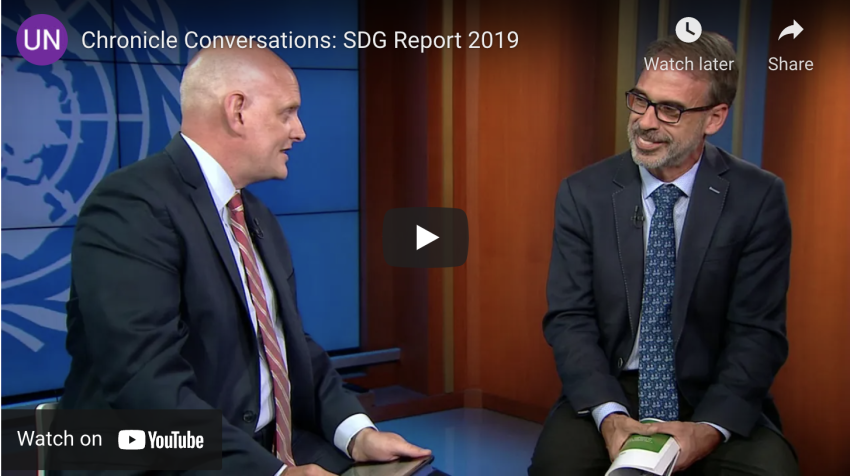
Chronicle Conversation: Stefan Schweinfest, 22 July 2019
In our inaugural Chronicle Conversation, the Director of the United Nations Statistics Division, Stefan Schweinfest, explains how better data can lead to better lives, and introduces the Sustainable Development Goals Report 2019.

Why You Should Not Miss the Opportunity to Engage in the 68th United Nations Civil Society Conference
Cities and communities are the living laboratories where the challenges and opportunities that are central to the 2030 Agenda for Sustainable Development and the Paris Agreement on Climate Change become tangible.
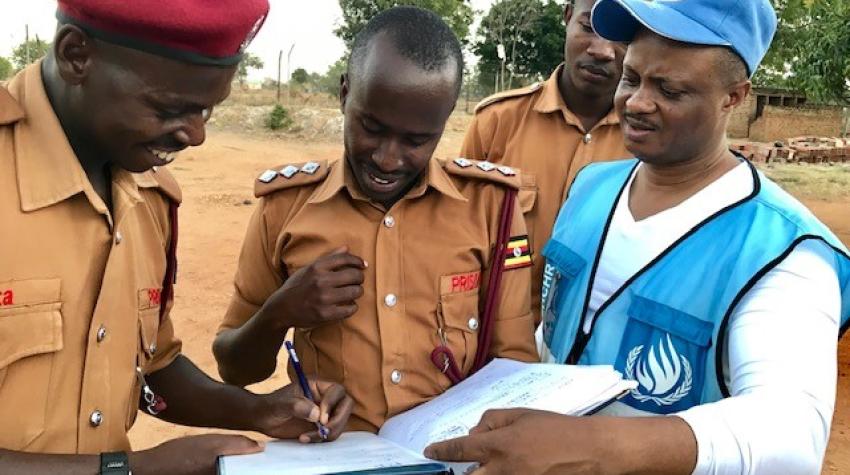
The Nelson Mandela Rules: Protecting the Rights of Persons Deprived of Liberty
The Nelson Mandela Rules emphasize that the provision of health care for prisoners is a State responsibility, and that the relationship between health-care professionals and prisoners is governed by the same ethical and professional standards as those applicable to patients in the community. Moreover, the Rules oblige prison health-care services to evaluate and care for the physical and mental health of prisoners, including those with special needs.
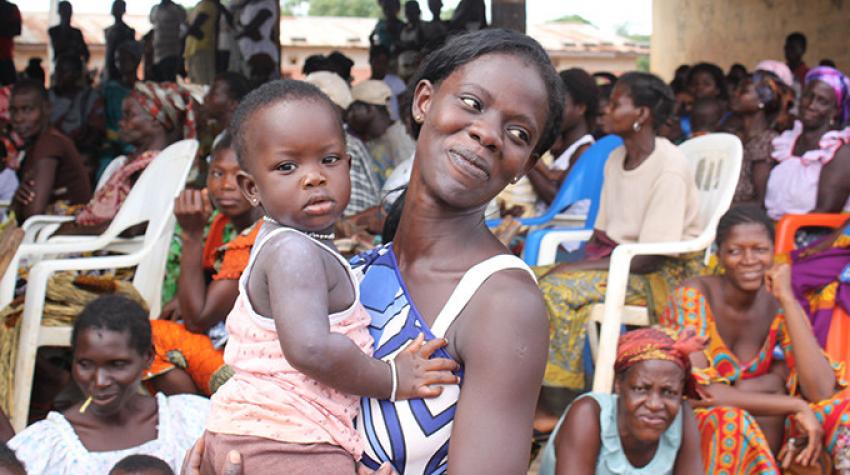
The Pursuit of Rights and Choices for All
Population policies today are about people, not numbers, and about the rights of individuals and couples to freely decide whether, when or how often to have children. But it has not always been this way.
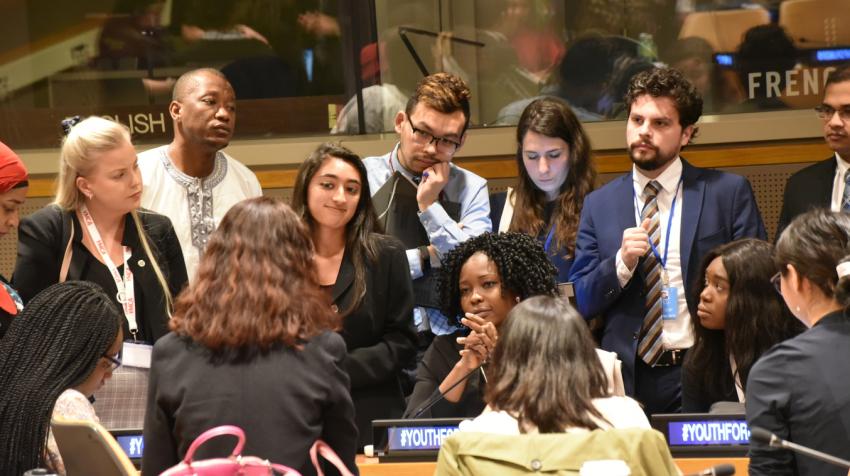
The July 2019 High-level Political Forum on Sustainable Development: An Opportunity to Right-track Our Multilateral Engagement
More people are living better now than they were just 10 years ago. Four years after the adoption of the 2030 Agenda, we know that many Governments are putting the SDGs at the centre of their development plans and are aligning their policies and institutions behind the Goals.
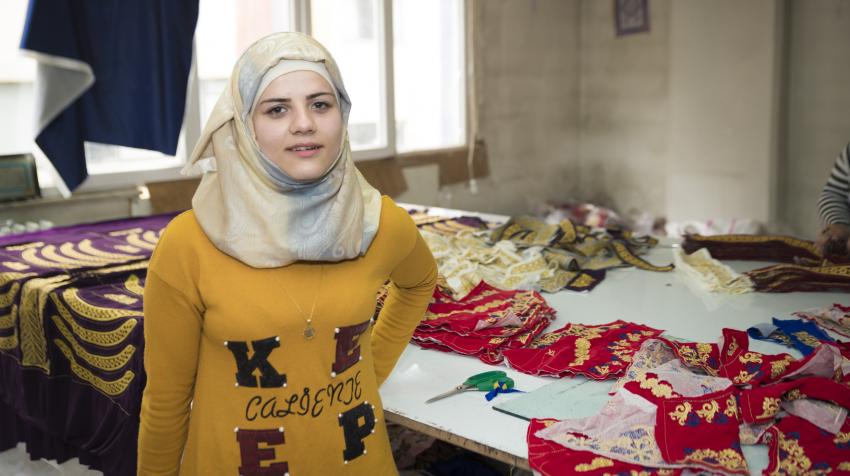
The Economic and Social Empowerment of Youth: Tackling Poverty and Marginalization, and Advancing the Sustainable Development Goals
Through its programmes in 17 countries, Silatech contributes to the achievement of a number of the United Nations Sustainable Development Goals (SDGs).
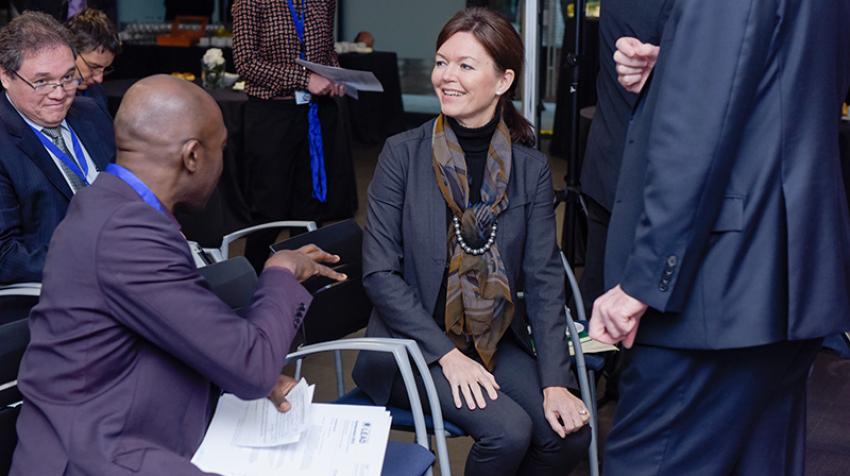
The UN Global Compact: Finding Solutions to Global Challenges
While the United Nations needs to put the right plans and policies in place they will also need to cultivate partnerships with Governments, civil society and the private sector to harness the resources, innovative ideas and skills that we so desperately need to turn the vision of the 2030 Agenda for Sustainable Development into a reality.
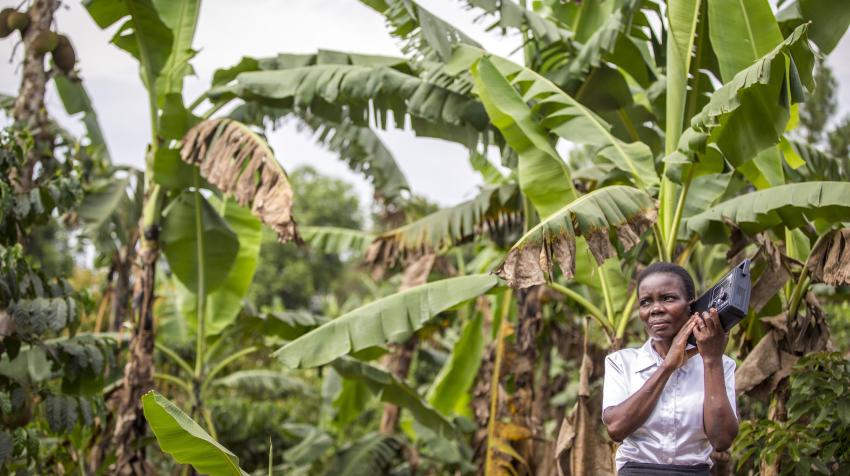
A Decade of Leveraging Big Data for Sustainable Development
Advances in information and communication technologies (ICTs) are driving global changes in our society—from the way we communicate with each other to the forces that shape our economy and behaviour. The rapidly evolving capabilities of artificial intelligence (AI) offer new opportunities to unlock the value of big data for more evidence-based decision-making that can accelerate progress towards the Sustainable Development Goals (SDGs).

How Can Multilateralism Survive the Era of Artificial Intelligence?
Artificial Intelligence (AI) is converging with an extraordinary array of other technologies, from biotech and genomics, to neurotechnology, robotics, cybertechnology and manufacturing systems. Increasingly, these technologies are decentralized, beyond State control, and available to a wide range of actors around the world.

Standards Build Trust: How the International Telecommunication Union Supports Inclusive Sustainable Development
Standards connect us with reliable modes of communication, codes of practice and frameworks for cooperation.
